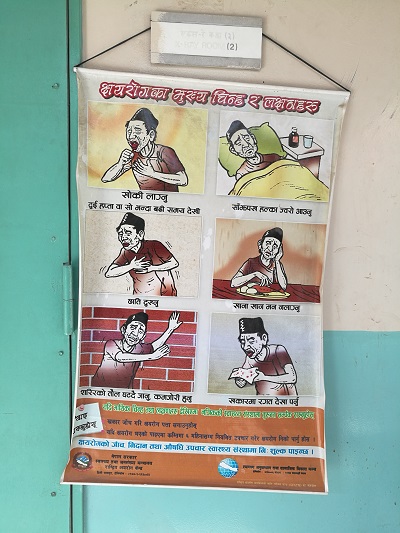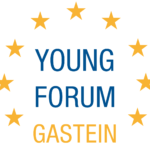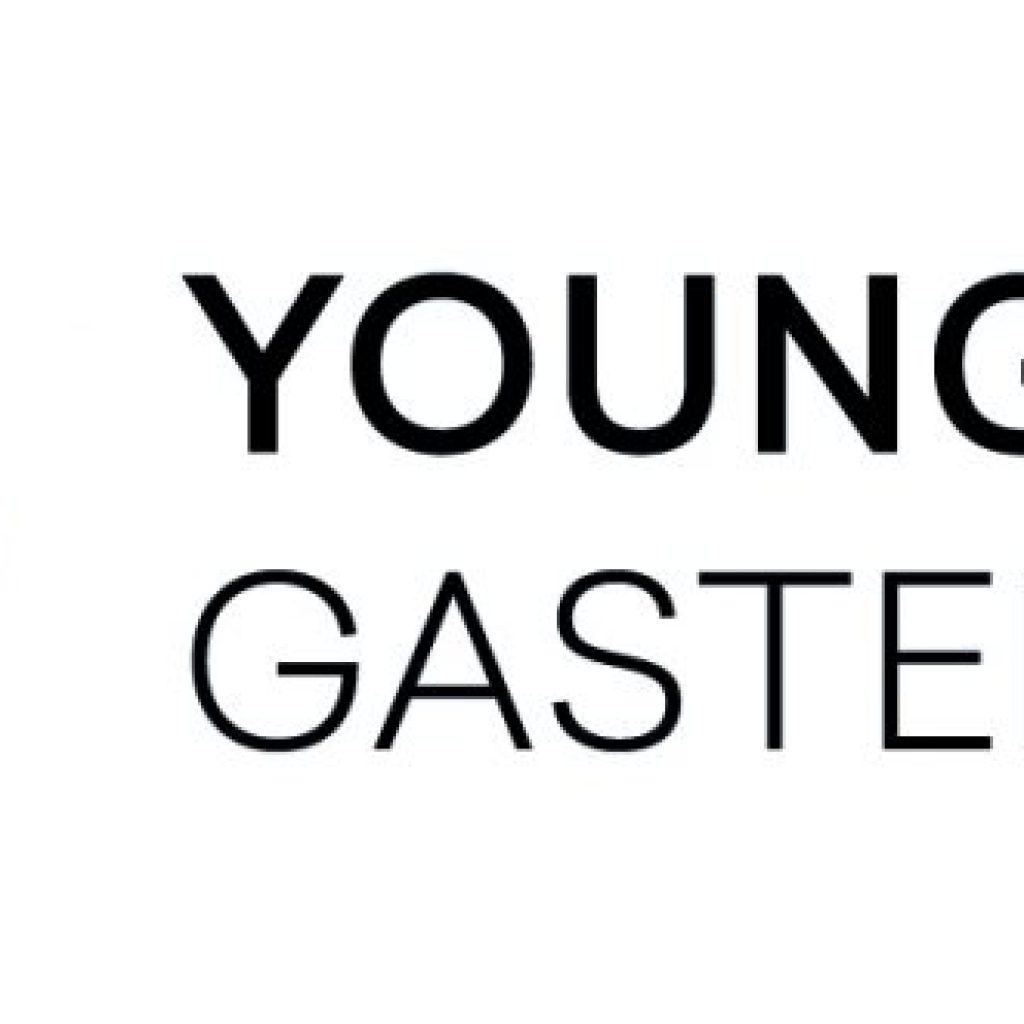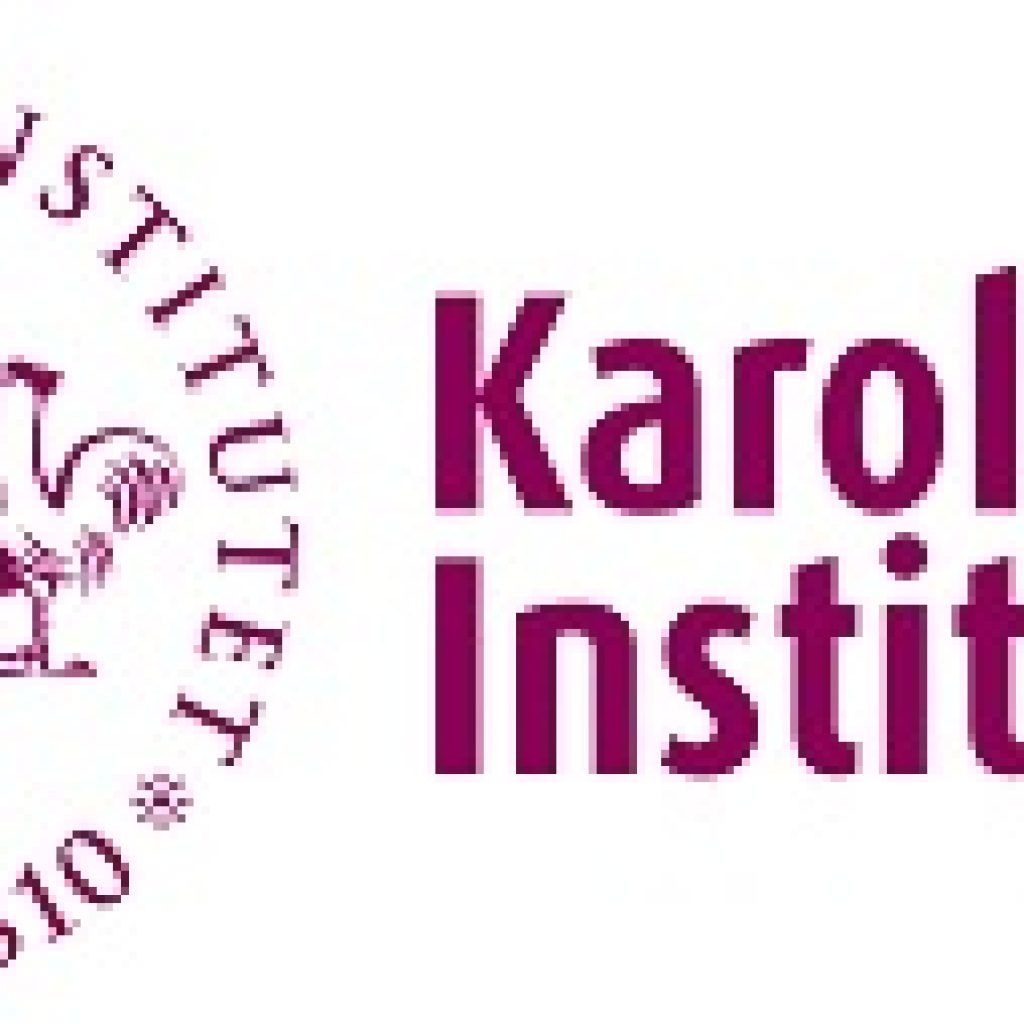by Olivia Biermann.
Tuberculosis (TB) is a major global health challenge – particularly in low- and middle-income countries. The World Health Organization’s (WHO) End TB Strategy and the Sustainable Development Goals aim at ending the global TB epidemic by 2035, which will require intensified activity to increase TB case detection (1). In 2017, there was a 4.1 million gap between estimated incident and notified TB cases globally, reflecting a combination of underreporting of detected TB cases and underdiagnosis – particularly in countries with major financial and geographic barriers to accessing care (2). Many people with TB are diagnosed only after long delays (3), causing much suffering and economic hardship, and sustaining transmission (4).
Community-based TB screening, or ACF, is defined by WHO as “systematic identification of people with suspected active TB, in a predetermined target group, using tests, examinations or other procedures that can be applied rapidly” (4). ACF is mostly provider-initiated. It may target people who do not seek health care because they a) do not have or recognize symptoms, b) do not perceive that they have a health problem requiring medical attention or c) face barriers to accessing care (4).
If not properly targeted and implemented, ACF can be a double-edged sword.
On the one hand, it can benefit patients and the society by strengthening health systems and improving equitable access to healthcare (5). Potential benefits for patients include reduced morbidity, mortality and economic consequences due to earlier diagnosis, while society can benefit from a reduced transmission and burden of TB, which often affects the most economically productive members of a society. TB screening in high-risk groups has been implemented in many settings, and can significantly improve TB case notification (6-8).

Poster TB, Nepal 2018, © Olivia Biermann
On the other hand, screening can be costly and lead to diversion of scarce resources. It can also cause harm, e.g. by increasing the risk of false positive diagnosis, creating an additional financial burden associated with attending screening and follow-up, or increased stigma and discrimination (1).
Questions remain about how to best plan and implement outreach screening through ACF in a given context. The evidence base is weak, e.g. about the benefits of ACF on individual and community levels (9). There are differences in stakeholder’s values and preferences concerning the outcomes and possible secondary effects of ACF, e.g. individual health outcome versus transmission/incidence impact; likelihood of public health impact versus risk of harm for individuals; willingness to invest in less cost-effective interventions to achieve long-term impact versus cost containment; vertical “campaign” thinking versus horizontal health systems thinking (including conditions for good “passive case finding”); and case finding as a medical intervention versus prevention through addressing social determinants.
Stakeholder engagement and operational research evidence from the perspectives of the individual, the community/organization and the health system are needed to inform ACF policy implementation at the country level (1,10).
I would like to acknowledge my supervisors Professor Knut Lönnroth, Dr Kerri Viney and Dr Maxine Caws who contributed to this introductory text, which sets the scene for my PhD research. My research project is part of the Horizon 2020-funded IMPACT TB, which aims to evaluate ACF strategies in Nepal and Vietnam. IMPACT TB includes KI, Liverpool School of Tropical Medicine, KNCV TB Foundation, Friends of International TB Relief and the Birat Nepal Medical Trust.
This article is published by Going International in collaboration with the ‚Young Forum Gastein‘. Find more information about the collaboration here.
References
WHO. Implementing the End TB Strategy: the essentials. Geneva: World Health Organization; 2015b.
WHO. Global TB Report 2017. Geneva: World Health Organization; 2017.
Storla DG, Yimer S, Bjune GA. A systematic review of delay in the diagnosis and treatment of tuberculosis. BMC Public Health. 2008;8(15).
WHO. Systematic screening for active tuberculosis: principles and recommendations. Geneva: World Health Organization; 2013.
WHO. Systematic screening for active tuberculosis: an operational guide. Geneva: World Health Organization; 2015a.
Blok L, Sahu S, Creswell J, Alba S, Stevens R, Bakker MI. Comparative meta-analysis of tuberculosis contact investigation interventions in eleven high burden countries. PLoS One. 2015;10(3):e0119822.
Creswell J, Codlin AJ, Andre E, Micek MA, Bedru A, Carter EJ, et al. Results from early programmatic implementation of Xpert MTB/RIF testing in nine countries. BMC Infect Dis. 2014a;14:2.
Creswell J, Sahu S, Blok L, Bakker MI, Stevens R, Ditiu L. A multi-site evaluation of innovative approaches to increase tuberculosis case notification: summary results. PLoS One. 2014b;9(4):9:e94465.
Kranzer K, Afnan-Holmes H, Tomlin K, Golub JE, Shapiro AE, Schaap A, et al. The benefits to communities and individuals of screening for active tuberculosis disease: a systematic review. Int J Tuberc Lung Dis. 2013;17:432–46.
Lönnroth K, Corbett E, Golub J, Godfrey-Faussett P, Uplekar M, et al. Systematic screening for active tuberculosis: rationale, definitions and key considerations. Int J Tuberc Lung Dis. 2013;17:289–98.
Interesting websites
„Global Health Sciences“ – Karolinska Institutet: Karolinska Institutet is one of the world’s foremost medical universities. Our vision is to make a significant contribution to the improvement of human health; our mission is to conduct research and education and to interact with the community.
„Health Communication Sciences“ – Bielefeld University: Der Studiengang dient der wissenschaftlichen Erstausbildung für Gesundheitsberufe mit dem Schwerpunkt Kommunikation. Er vermittelt gesundheitswissenschaftliche Kenntnisse von Theorien und Methoden, die in der Berufspraxis angewendet werden.
The Social medicine, Infectious Diseases and Migration research group: The Social Medicine, Infectious Diseases and Migration research group uses social epidemiology, qualitative methods, digital technology as well as health economy and implementation research methods to 1) identify social determinants and consequences of disease with a major focus on poverty-related infectious diseases, including TB, HIV, malaria, and Ebola; 2) evaluate interventions to improve health care access and equity, develop and evaluate innovative mobile and digital technologies that improves equitable access; 3) assess the effectiveness and cost-effectiveness of tuberculosis screening programmes in high- and low-TB burden countries and 4) determine health needs of migrants and evaluate health examinations of asylum seekers and refugees.
Foundation Human Nature: Foundation Human Nature is an international non-governmental organization supporting sustainable health and development projects in Ecuador, Ghana and Nepal.
Liverpool School of Tropical Medicine: Liverpool School of Tropical Medicine (LSTM), founded in 1898, was the first institution in the world dedicated to research and teaching in the field of tropical medicine.
KNCV TB Foundation: KNCV has been active in the fight against tuberculosis for more than 110 years. Our ultimate goal is to eliminate the disease from the world.
Friends of International TB Relief: Friends for International Tuberculosis Relief is a registered non-profit society in Germany. Our work is based on the vision of a world free of tuberculosis (TB).
Birat Nepal Medical Trust: BNMT Nepal is a Nepalese non-governmental organization dedicated towards the improved health and well-being of Nepalese people. BNMT Nepal envisions a new Nepal where all Nepalese are aware of their basic rights and are able to live healthy and productive lives, in a safe environment without having to worry about food, income or security regardless of their gender, ethnicity, disability or HIV status.
IMPACT TB: is funded by the European Commission Horizon 2020 program and aims to assess the facilitators and barriers to scale-up two proven interventions for tuberculosis in Vietnam and Nepal.
European Commission Horizon 2020 Programme: Horizon 2020 is the biggest EU Research and Innovation programme ever with nearly €80 billion of funding available over 7 years (2014 to 2020)
Young Forum Gastein: The Young Forum Gastein initiative enables promising young health professionals to attend the annual EHFG conference. By becoming a part of the network, you can draw on the support of around 400 members working all over the world, as well as receive year-round special opportunities to participate in workshops, summer schools and conferences.
About the author

Olivia Biermann
Author: Olivia Biermann, BSc, MSc
Olivia Biermann is a PhD student at the Department of Public Health Sciences at Karolinska Institutet in Stockholm, Sweden. Prior to starting her PhD in 2017, she was working as a consultant at the WHO Regional Office for Europe. Olivia worked and studied in Ecuador, India, Nicaragua and South Africa, and holds degrees in global health (MSc) from Karolinska Institutet and health communication sciences (BSc) from Bielefeld University. In addition to her academic activities, she is Vice-President of the non-governmental organization Foundation Human Nature, supporting community-based rural health and development projects in Ecuador, Ghana and Nepal.

Citation:
Biermann, Olivia: Community-based tuberculosis screening – a double-edged sword? [ed.]: GI-Mail 04/2018, ISSN: 2312-0827 Going International, Vienna 2018)
Here you can download this publication.
Published in GI-Mail 04/2018 (English edition).
- Do you already know our monthly newsletter GI-Mail with useful tips on postgraduate courses?
Sign up here. - Are you looking for vacancies or new career challenges? Here you will find the latest vacancies and job offers.
- Are you interested in up to date postgraduate courses and CME? In our education database »medicine & health« you will find new education events from over 2300 organizers.
Booth2020
Booth2021


